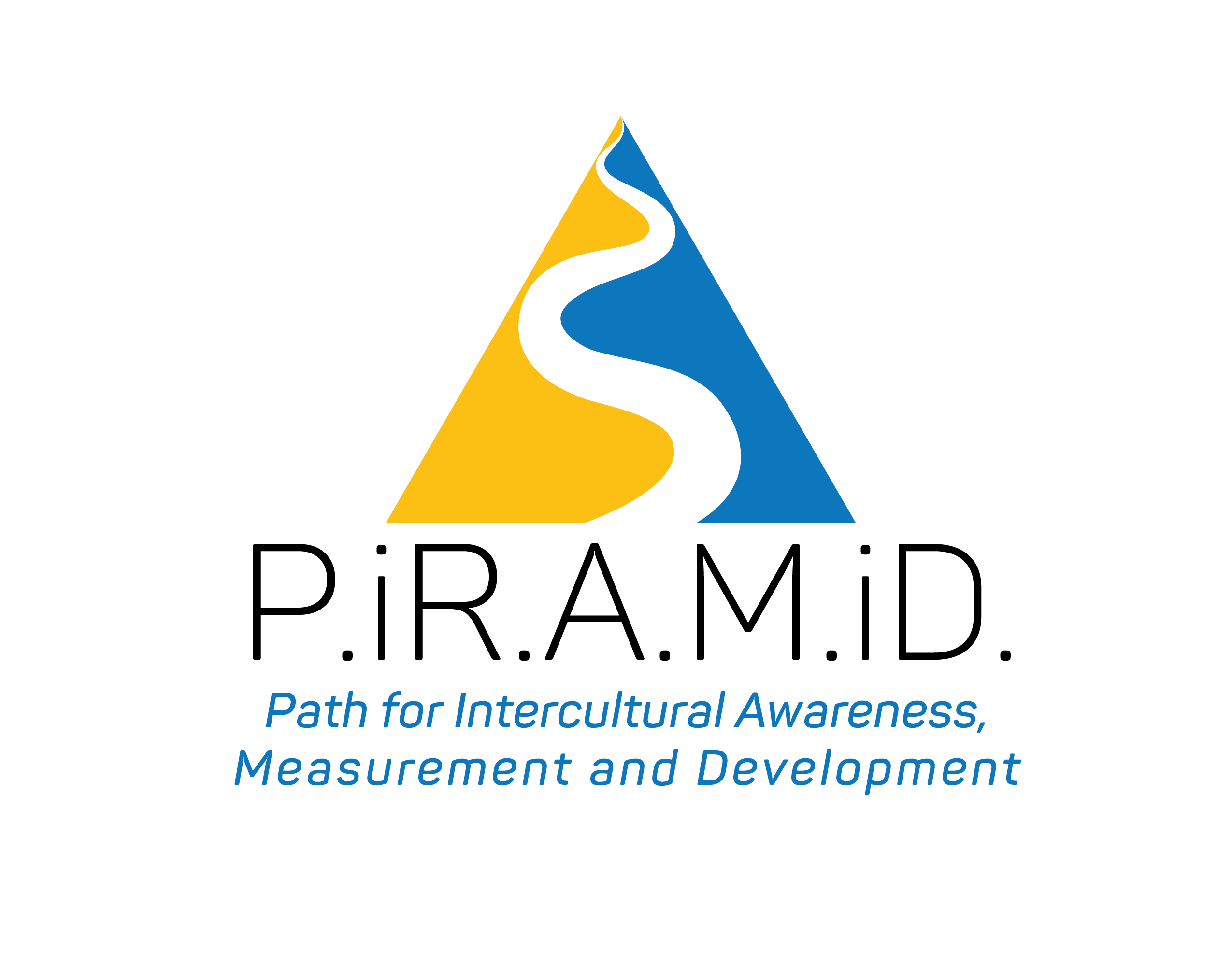This website use cookies to ensure you get the best experience on our website

P.IR.A.M.iD
2023-1-ES01-KA220-VET-000157060
Negotiating beyond borders: the art of cultural flexibility
10 April 2025

In today’s globalized world, technical expertise or strategic thinking alone is no longer enough to lead successful negotiations. The true differentiator is cultural intelligence and more specifically, cultural flexibility.
In When Cultures Collide, Richard D. Lewis provides a key framework for understanding how negotiation styles vary across cultures. His central message is clear: there is no one-size-fits-all approach. To succeed in international negotiations, you must understand, respect, and adapt to cultural differences.
Negotiation under the lens of cultural diversity
Lewis categorizes cultures based on how they typically approach communication, conflict, time, and relationships. He proposes three primary types of cultural behavior that shape negotiation styles. The linear-active cultures (e.g., Germany, the United States, the UK) value logic, planning, and direct communication. Confrontation is considered a legitimate way to clarify disagreements. On the other hand, in multi-active cultures (e.g., Italy, Latin America, parts of Africa) emotions, spontaneity, and relationship-building have absolute priority. Negotiations are often informal, flexible, and personal. Reactive cultures (e.g., Japan, China, Korea) cultures emphasize respectful listening, harmony, and indirect communication. Silence is a sign of reflection, not disinterest. These categories are not rigid, but they provide a useful mental map for anticipating how different parties might approach negotiation.
In When Cultures Collide, Lewis illustrates with the following example how the same negotiation scenario can be approached very differently depending on cultural context: "Germans will ask you all the difficult questions from the start. You must convince them of your efficiency, quality of goods and promptness of service.” We can observe the direct, efficiency-focused approach common in German business culture. What might seem abrupt in a reactive or relationship-driven culture is, for Germans, expected and professional. By contrast, in a reactive culture such as Japan, such a direct style could be interpreted as confrontational or disrespectful. Trust must be built slowly, and indirectness is often a sign of diplomacy, not avoidance.
Cultural flexibility
A common mistake in cross-border negotiations is assuming that our communication style is “universal.” But as Lewis demonstrates, the success of a negotiation depends as much on how we say something as on what we say. Cultural flexibility means being able to adapt our pace (fast or slow; direct or indirect), communication style (explicit or implicit), decision-making structure (centralized or consensual), and use of personal relationships in building trust. This ability to flex is often the deciding factor between a failed negotiation and a long-term partnership.
Based on Lewis’s framework, we can mention several practical strategies to strengthen our intercultural negotiation skills. By doing cultural research, we could better understand the social and professional norms of the culture we’re negotiating with. We should avoid stereotypes, but should be aware of typical patterns. Active listening is crucial especially in reactive cultures, where listening is a sign of respect. Silence may mean thoughtful reflection, not disapproval. We should adapt our style when we meet different cultures. We can use data and logic in linear-active cultures, but in multi-active cultures, we should take time to build a personal connection and appeal to emotion as well as facts. In many cultures, a deal is meaningless without trust. Building rapport may take time—but it pays off long term.
Global negotiations are not only about deals they're about people. As Lewis reminds us, success lies not in abandoning our cultural identity, but in knowing how to adapt it intelligently. To negotiate beyond borders is to demonstrate humility, curiosity, and a deep willingness to understand others.
Resources:
When Cultures Collide. Leading across cultures (Third edition). Richard D. Lewis. Printed in Finland by Bookwell, 2006, 1999, 1996.

This project has been funded with support from the European Commission.
This publication reflects the views only of the authors, and the Commission cannot be held responsible for any use which may be made of the information contained therein.
